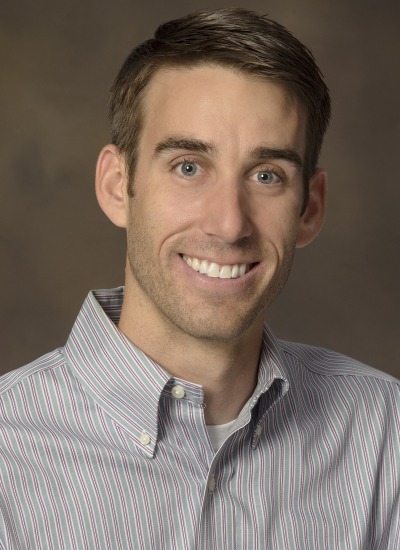The focus of Dr. Marc Verhougstraete's research is on environmental microbiology as it relates to exposure and public health. As a result of his formal education in environmental biology, scientific training in environmental microbiology, professional experiences in environmental health science, and co-director of the Environment, Exposure Science, and Risk Assessment Center (ESRAC), he examines microbial hazards and environmental exposures and quantifies associated adverse health outcomes. Dr. Verhougstraete's research has focused on environmental microbiology and understanding the sources of contamination, assessing microbial exposures, and measuring the transport of pathogens in water, air, and built environments. Using non-pathogen surrogate organisms and pathogen monitoring and cultivation and molecular tools, he aims to better understand how pathogen exposure and dose relate to gastrointestinal illnesses. Using these approaches, his team has measured microorganisms in irrigation canals, beaches, estuaries, rivers and lakes, groundwater wells, household drinking water systems, oysters, fresh produce, filters, airplanes, and healthcare systems. By working with underrepresented individuals in underserved communities, his team has recently quantified microbial and metal exposures in water distribution systems, modeled health risk for these exposures, and defined most appropriate water treatment interventions for the communities most in need. Ultimately, Marc wants to reduce human exposures to pathogens that cause disease by coupling quantitative microbial measurements with risk assessment models that inform intervention practices.
He also serves as the director of the Rural Health Professions Program (RHPP) at the University of Arizona, and routinely engages with health professionals and graduate students across Arizona to increase the number of public health students who practice in rural and underserved communities in the state of Arizona. RHPP is a partnership with the Arizona Area Health Education Center (AHEC) and the five regional AHECs, which Marc also serves in multiple roles including lead faculty mentor for the AHEC Scholars program. This partnership facilitates research and rural community health resilency.







